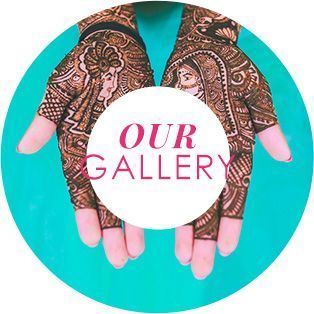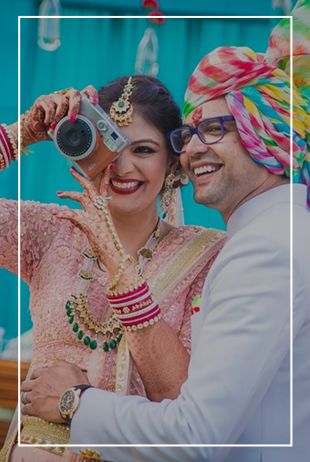Thinking of Having a Court Marriage? We’ve Got the Procedure Covered!
BY The WMG Bride | 19 Oct, 2015 | 2 views | 4 min read
Not a fan of swank at the conventional big fat Indian wedding? Or do you belong to two different communities, castes or even countries - that the usual route to marriage is rocky and laden with complications? Then, hallelujah, Court marriage is for you! One of the most common ways to get married in this country, court marriage or registered marriage are possible under the Special Marriage Act, 1954 between two parties from either the same religion or different. An ideal choice for those who do not prefer the long-duration rituals, ceremonies, and most importantly, going through with the wedding expenses, court marriage makes it all easy for the two parties to tie the knot with just a few formalities. Or, at WMG, we'll say, save up on that wedding and throw a big party instead. So well, in any case, court marriages are a different game altogether - let’s take a look at the pre-requisites:
 Registered Marriage: The Documents
A range of documents are required to be submitted, should a couple wish to get married in court. So, before you go ahead with the application, make sure you both keep the following handy:
1. 4 passport size photographs each of the bride and the groom.
2. Proof of residence of both the bride and the groom. Anything ranging from a Voter ID, Passport, a Ration Card, Bank Passbook to a PAN Card, Driving License and Registered Rent Agreement can work.
3. Proof of date of birth of both the bride and the groom. Birth certificates are preferred, but you could also submit a copy of Xth or XIIth Marksheet, a Passport, or a PAN Card.
4. In case either of the parties is a divorcee, a certified copy of Decree of Divorce granted by the court is required to be submitted.
5. The afore-mentioned point holds true in case of any marriage in the past too, wherein, the spouse of either of the parties may have died.
6. In case of Foreign citizenship, an NOC from the concerned Embassy as well as a valid VISA must be submitted to the authorities.
7. Lastly, two witnesses from the side of each party must be present.
Registered Marriage: Whatever do you wear?
While Internationally, registered marriage involves a fair amount of dressing up, in India it is fairly simple. Think a nice anarkali you would wear to a friends mehendi, or a plain chiffon saree with pearls. Simple and elegant, but still festive.
Ofcourse you could always go the whole hog and get dolled up like a bride, but given the amount of wait inside the court you would probably be annoyed with the weight on you.
Registered Marriage: The Documents
A range of documents are required to be submitted, should a couple wish to get married in court. So, before you go ahead with the application, make sure you both keep the following handy:
1. 4 passport size photographs each of the bride and the groom.
2. Proof of residence of both the bride and the groom. Anything ranging from a Voter ID, Passport, a Ration Card, Bank Passbook to a PAN Card, Driving License and Registered Rent Agreement can work.
3. Proof of date of birth of both the bride and the groom. Birth certificates are preferred, but you could also submit a copy of Xth or XIIth Marksheet, a Passport, or a PAN Card.
4. In case either of the parties is a divorcee, a certified copy of Decree of Divorce granted by the court is required to be submitted.
5. The afore-mentioned point holds true in case of any marriage in the past too, wherein, the spouse of either of the parties may have died.
6. In case of Foreign citizenship, an NOC from the concerned Embassy as well as a valid VISA must be submitted to the authorities.
7. Lastly, two witnesses from the side of each party must be present.
Registered Marriage: Whatever do you wear?
While Internationally, registered marriage involves a fair amount of dressing up, in India it is fairly simple. Think a nice anarkali you would wear to a friends mehendi, or a plain chiffon saree with pearls. Simple and elegant, but still festive.
Ofcourse you could always go the whole hog and get dolled up like a bride, but given the amount of wait inside the court you would probably be annoyed with the weight on you.

 Registered Marriage: The Documents
A range of documents are required to be submitted, should a couple wish to get married in court. So, before you go ahead with the application, make sure you both keep the following handy:
1. 4 passport size photographs each of the bride and the groom.
2. Proof of residence of both the bride and the groom. Anything ranging from a Voter ID, Passport, a Ration Card, Bank Passbook to a PAN Card, Driving License and Registered Rent Agreement can work.
3. Proof of date of birth of both the bride and the groom. Birth certificates are preferred, but you could also submit a copy of Xth or XIIth Marksheet, a Passport, or a PAN Card.
4. In case either of the parties is a divorcee, a certified copy of Decree of Divorce granted by the court is required to be submitted.
5. The afore-mentioned point holds true in case of any marriage in the past too, wherein, the spouse of either of the parties may have died.
6. In case of Foreign citizenship, an NOC from the concerned Embassy as well as a valid VISA must be submitted to the authorities.
7. Lastly, two witnesses from the side of each party must be present.
Registered Marriage: Whatever do you wear?
While Internationally, registered marriage involves a fair amount of dressing up, in India it is fairly simple. Think a nice anarkali you would wear to a friends mehendi, or a plain chiffon saree with pearls. Simple and elegant, but still festive.
Ofcourse you could always go the whole hog and get dolled up like a bride, but given the amount of wait inside the court you would probably be annoyed with the weight on you.
Registered Marriage: The Documents
A range of documents are required to be submitted, should a couple wish to get married in court. So, before you go ahead with the application, make sure you both keep the following handy:
1. 4 passport size photographs each of the bride and the groom.
2. Proof of residence of both the bride and the groom. Anything ranging from a Voter ID, Passport, a Ration Card, Bank Passbook to a PAN Card, Driving License and Registered Rent Agreement can work.
3. Proof of date of birth of both the bride and the groom. Birth certificates are preferred, but you could also submit a copy of Xth or XIIth Marksheet, a Passport, or a PAN Card.
4. In case either of the parties is a divorcee, a certified copy of Decree of Divorce granted by the court is required to be submitted.
5. The afore-mentioned point holds true in case of any marriage in the past too, wherein, the spouse of either of the parties may have died.
6. In case of Foreign citizenship, an NOC from the concerned Embassy as well as a valid VISA must be submitted to the authorities.
7. Lastly, two witnesses from the side of each party must be present.
Registered Marriage: Whatever do you wear?
While Internationally, registered marriage involves a fair amount of dressing up, in India it is fairly simple. Think a nice anarkali you would wear to a friends mehendi, or a plain chiffon saree with pearls. Simple and elegant, but still festive.
Ofcourse you could always go the whole hog and get dolled up like a bride, but given the amount of wait inside the court you would probably be annoyed with the weight on you.

Picture Courtesy: Frozen Memories
The Procedure While the list of documents may feel a little overwhelming initially, the procedure for a court marriage is a fairly simple one. All that you need to do is submit a notice in writing to the Marriage officer/Registrar of the district where either of the parties must have resided for at least 30 days prior to the date when the notice is served. The notice has a fairly simple format, provided in Schedule II of the Special Marriage Act, 1954. You can check it out here, along with other details. Once the notice has been submitted and published by the officer, both the bride and the groom are required to sign the “Declaration form”, countersigned then by the Marriage officer. View the declaration form from Schedule III of the Special Marriage Act, 1954 here. The penultimate step of this marriage involves choosing a place and a form of marriage. While usually, the marriage is held at the Marriage Officer or the Registrar’s office, the bride and the groom are free to pick a place at a reasonable distance too. The form of marriage, on the other hand, is nothing but a verbal declaration of the fact that you take the person to be your lawfully wedded husband/wife, in the front of the officer. Last, but not the least, you must register your marriage so as to obtain the proof. In case of a court marriage, however, it is the Marriage Officer who produces the certificate for the parties as per Schedule IV of the Special Marriage Act, 1954. There are, however, other forms of obtaining a marriage certificate as covered by us in a previous article here. And, that’s pretty much it! Hit us up in the comments section below if you have any doubts regarding the procedure.
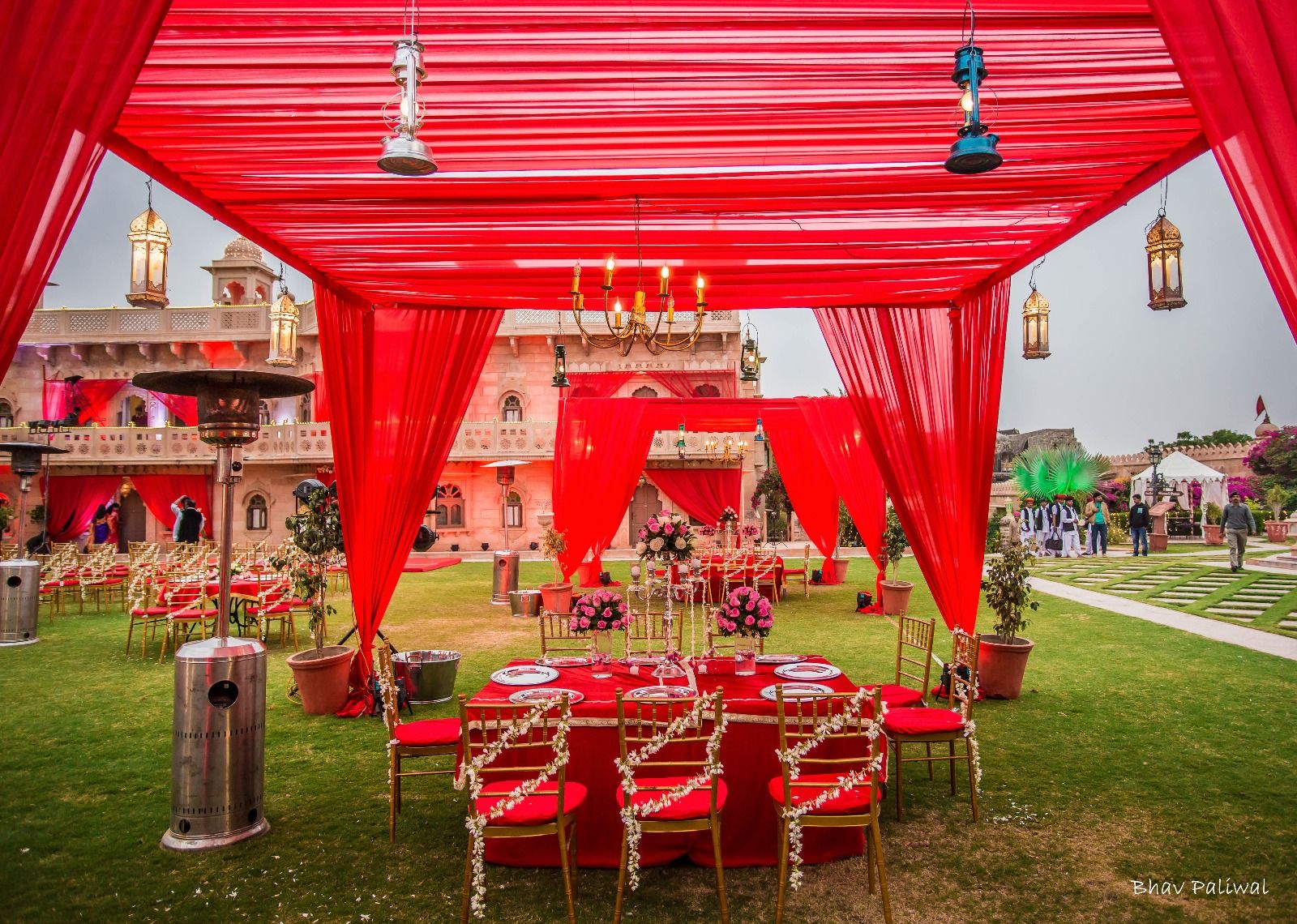
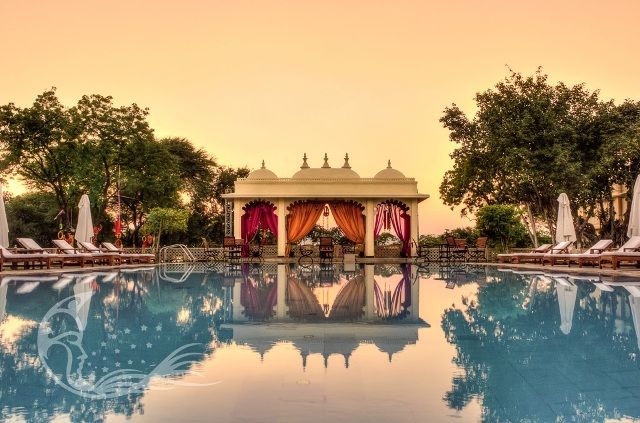
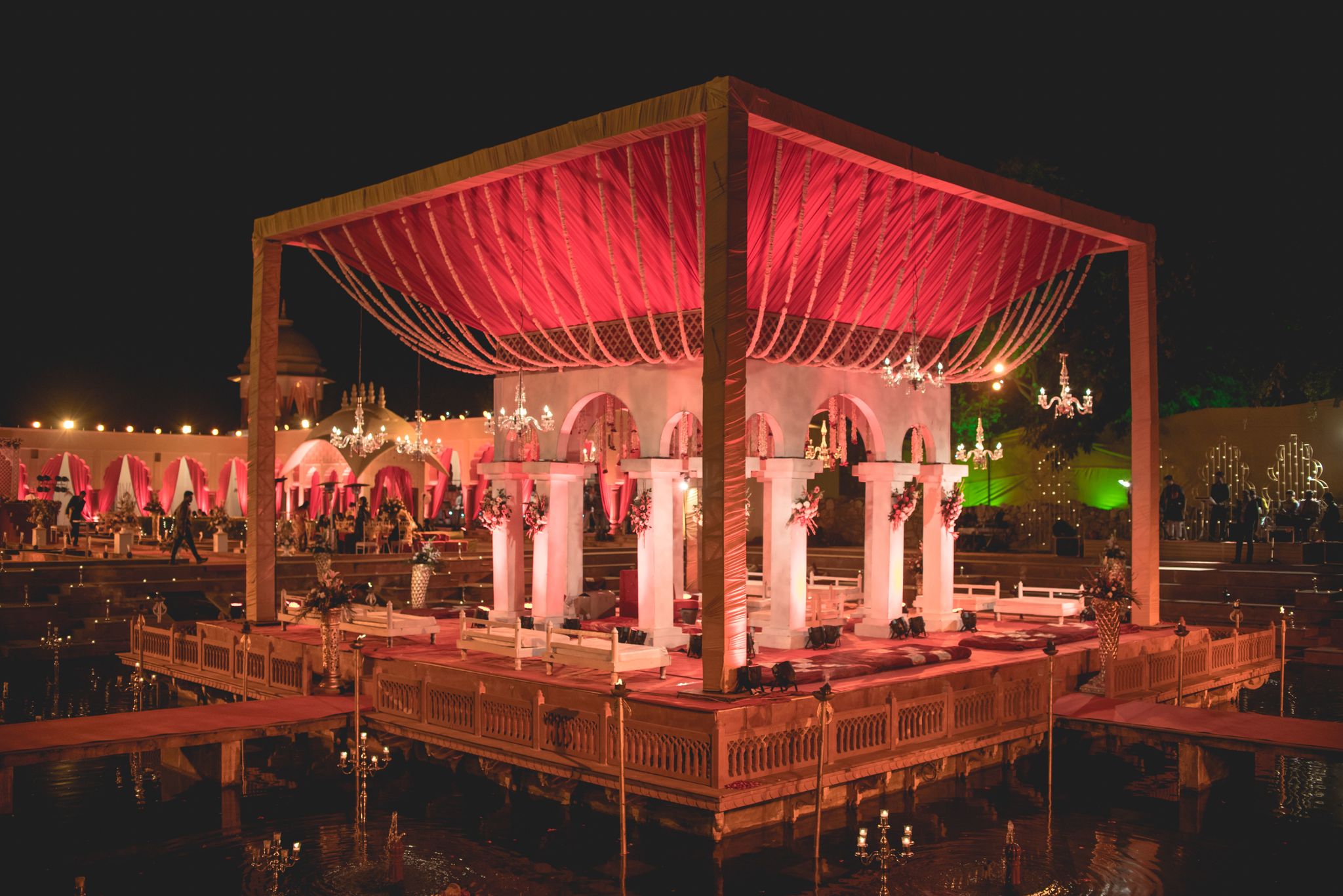

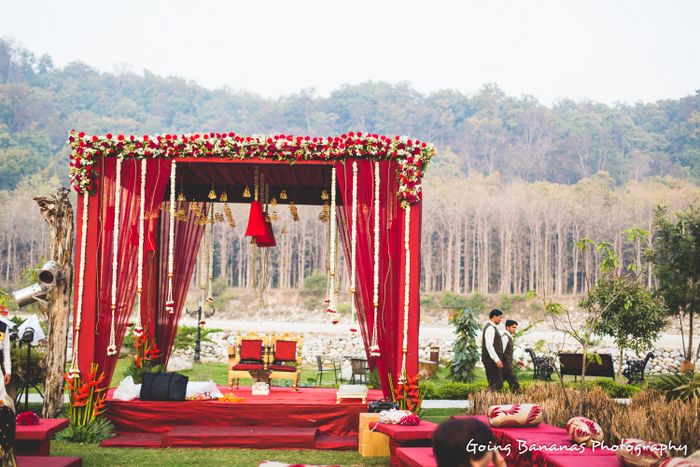


.jpg?crop=229,435,1619,911)
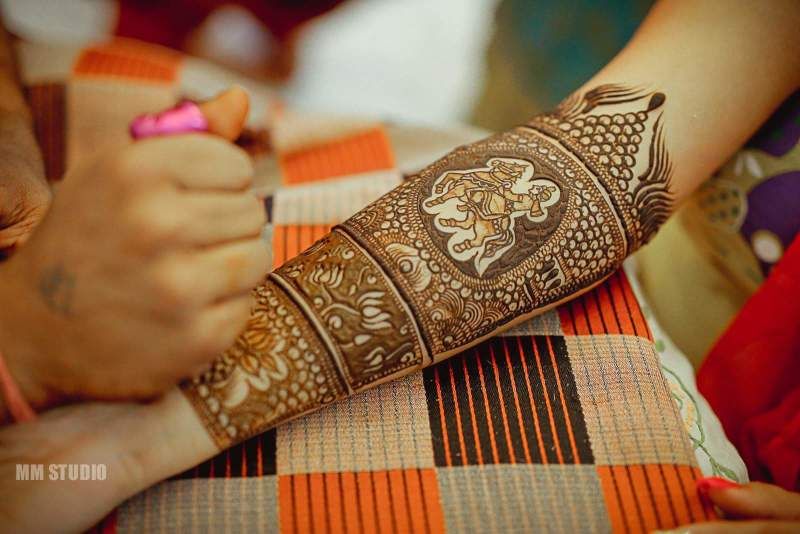


-transformed.jpeg)
